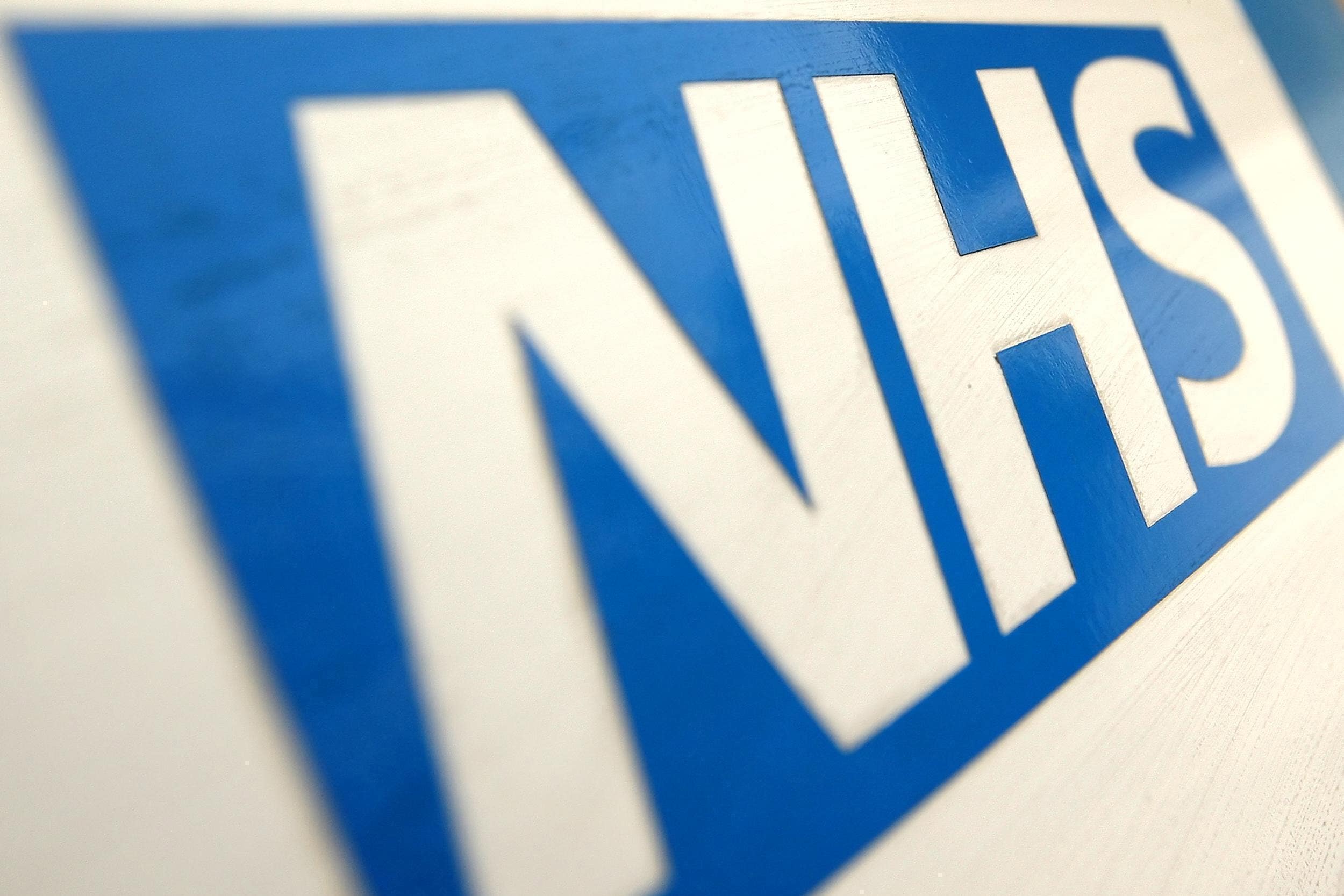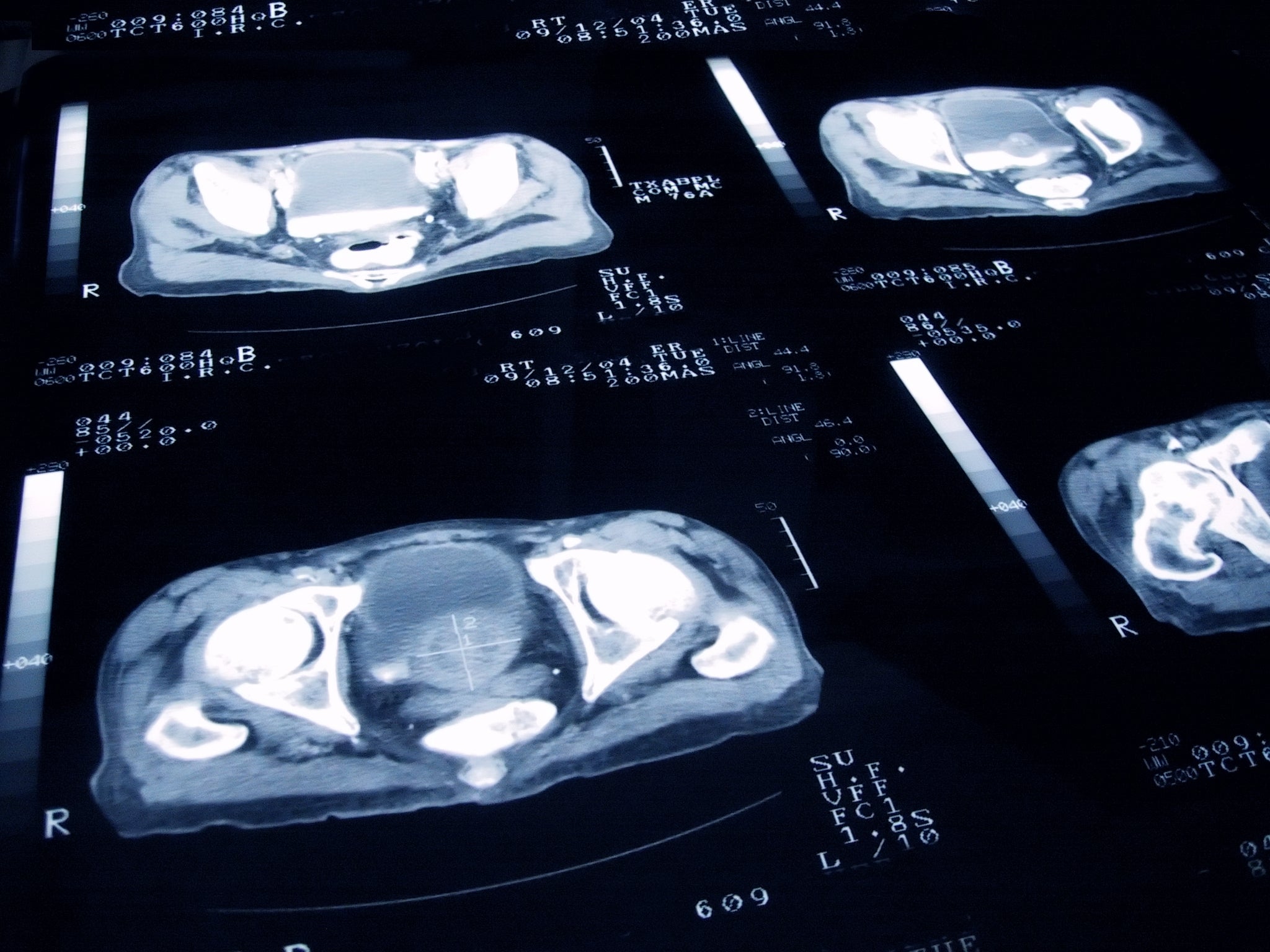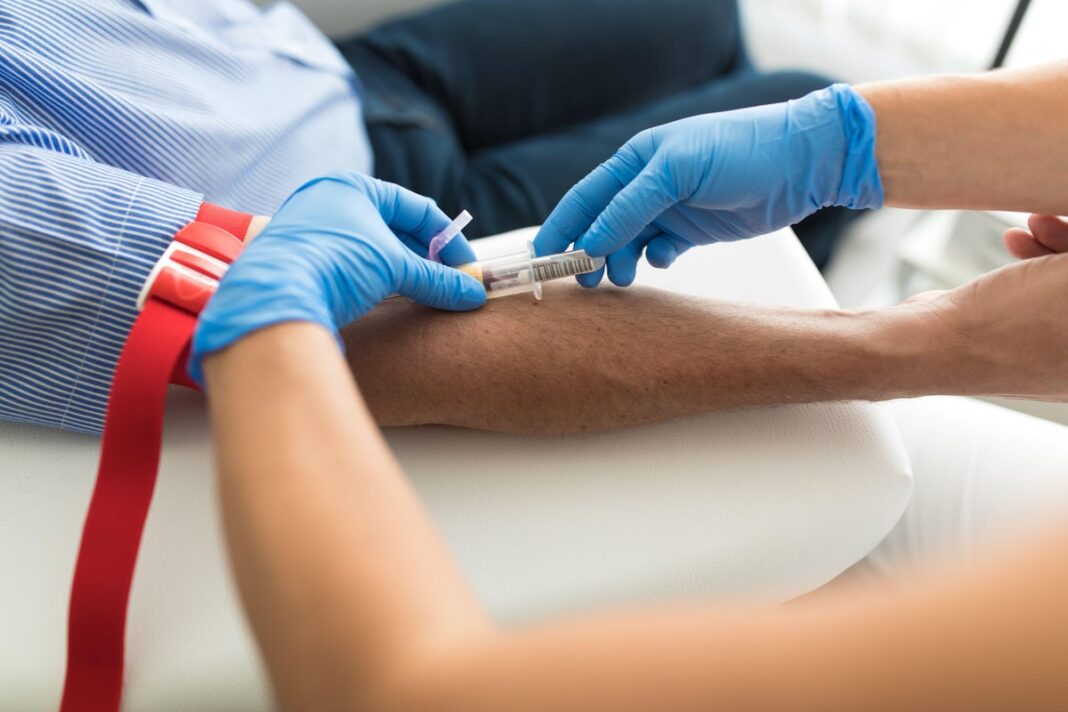An annual blood test could prevent around half of cancer cases from reaching an advanced stage, new research suggests.
Scientists are currently trying to determine the effectiveness of simple blood tests in detecting cancer before symptoms appear, and whether such early detection improves survival rates.
The NHS is currently trialling such tests, including the Galleri test and miONCO-Dx test, with experts predicting a nationwide rollout of a universal cancer screening program within the next decade.
Researchers writing in the journal BMJ Open say screening people annually – or every two years – could significantly boost early detection and prevent cancers from progressing to stages where treatment is less effective.
The experts turned to mathematical modelling to see how a multi-cancer blood test would change what happened to a group of 50 to 79-year-olds.
They used both fast-growing tumours (which remain at stage I for two to four years before progressing); and fast aggressive tumours (which remain at stage I for one to two years before advancing).
Cancer types studied included bladder, breast, cervical, bowel, kidney, liver and bile-duct, lung, ovarian, pancreatic, prostate, skin and blood cancers such as leukaemia.
The analysis found that universal cancer screening with a blood test improved early detection compared to usual care.
Yearly screening under the fast tumour growth scenario led to a higher number of diagnoses than usual care – 370 more cancer signs were detected per year per 100,000 people screened.
There were also 49 per cent fewer late-stage diagnoses and 21 per cent fewer deaths within five years than patients receiving usual care.
Screening every two years was not as effective as annual screening – 292 more cancer signs were picked up per year per 100,000 people screened compared to usual care.
There were also 39 per cent fewer late-stage diagnoses and 17 per cent fewer deaths within five years.
The researchers concluded that a blood test every one or two years has “the potential to intercept 31–49 per cent of cancers at stage I-II that would otherwise present at stage III-IV”.

Study author Peter Sasieni, professor of cancer epidemiology at Queen Mary University of London, who has a lead role on the Galleri trial, told the PA news agency: “I am very excited about the science behind these tests, but we need to ensure that the technological game-changer translates to clinical benefit.
“That is why we are conducting a huge randomised controlled trial to see whether the prediction made by this modelling is reasonably accurate.
“The advances in molecular biology and artificial intelligence means that we are now able to find tiny fragments of many cancers in a small blood sample. That is incredible.
“We need to show that using these tests in people without symptoms can help identify cancers earlier when they can be successfully treated, thereby preventing advanced cancer and reducing the numbers dying from cancer.”
Prof Sasieni said he hopes that “by 2032, there should be sufficient evidence to say categorically how many lives can be saved by annual screening”.
He added: “That could lead to national rollout being completed within the next 10 years.”
He suggested the NHS should be able to negotiate “a much better price per test” with manufacturers for annual screening rather than every two years.
The NHS might expect an additional 15 million blood tests per year with the technology, which is around a 2.5 per cent increase on current figures, but should not be a problem, he added.

Dr David Crosby, head of prevention and early detection research at Cancer Research UK, said: “Multi-cancer early detection (MCED) tests are a promising area of cancer research that could help clinicians diagnose cancers earlier, potentially helping more people survive cancer and live longer, better lives.
“It is encouraging that the modelling from this research predicts that annual screening with an MCED test could reduce deaths from cancer.
“However, as with any new clinical innovation, large-scale clinical trials and independent reviews are needed to fully assess the benefits and risks of using MCED tests in the clinic.
“With many researchers and companies active in the cancer early detection space and a range of tests available, we want to see Government and NHS support for a wide range of research.
“That way, we can maximise the chances of finding tests that improve cancer outcomes and make a meaningful difference to patients.”
Last month, the Department of Health announced the NHS trial of the miONCO-Dx blood test with 8,000 patients.
It works by examining the microRNA in a blood sample and uses AI to identify if cancer is present and, if so, where it is located in the body.
Initial tests show the test can detect up to 12 common cancers.


